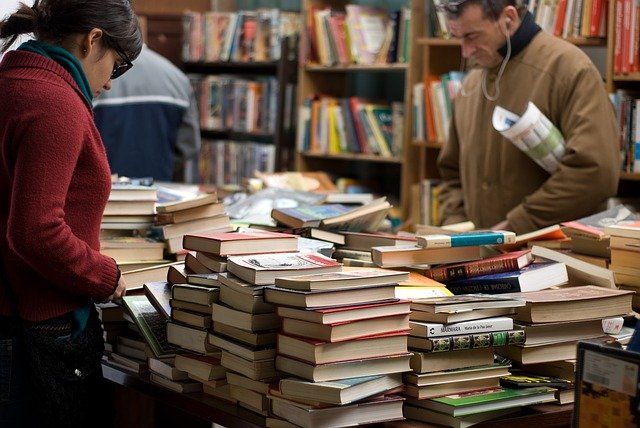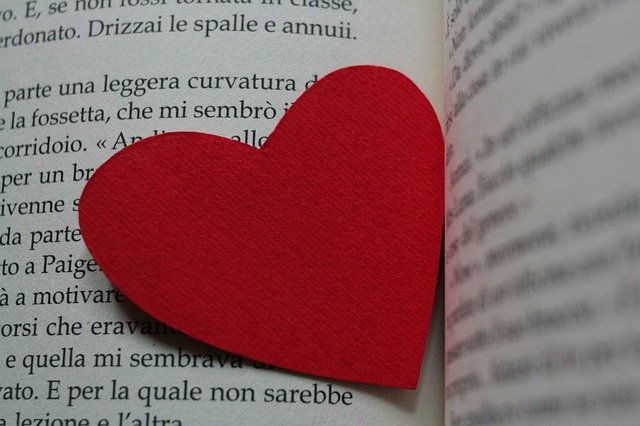In part 1 of our Reading Series, we discussed the various ways reading helps you stay creative. So, the obvious follow-up would be to give suggestions on what you should be reading. And that’s exactly what we do in this post. Part 3 of our series will offer tips on how to get the most out of your reading time.
So, what should you be reaching for next time you’re in a bookstore or library (yes, they still exist), or online?
1) Fiction

Some people regard fiction as frivolous. The thinking goes something like this: ‘It’s not real, so why should I care?’ There are two answers to this. The first is that human beings love stories. Stories help us make sense of information in an entertaining and memorable way. Throwing names and facts and figures at someone is overwhelming. But string that same information into a narrative they can follow – a story – and suddenly the information comes alive. The second answer is the very fact that these worlds are not real mean they’re fresh and new. It’s something you’ve never seen before.
So, for exciting and unexpected stimuli to keep your creative juices running, there’s really no better source than diving into a fictitious world, full of fantastical creatures and adventures.
2) Literary fiction
Although an over-simplistic explanation, you could think of literary fiction as a subgenre of fiction that not only tells a story, but also focuses heavily on the characters themselves – delving into their internal worlds, and emotional and psychological motivations. So, rather than focussing on events, with the characters merely as necessary tools for moving the story forward, literary fiction authors spend a considerable amount of time helping the reader get to know a character as a person. This could explain why literary fiction seems to increase readers’ empathy.
More so than reading fiction, non-fiction, or not reading at all, people who’ve been exposed to well-rounded fictional characters are better able to read people in the real world. And, as we pointed out in part 1, in order to help people in a nuanced and appropriate way, you have to be able to put yourself in their shoes.
3) News and current events

Many of us get our news through television or radio. And while both are fast and effective means to stay up to date, reading the news gives us something more – time to absorb the information, and critically evaluate it. With both television and radio, information comes at you so fast, you’re barely keeping up. This leaves no time for thinking. Reading gives you the space to really analyse what’s being said, and the arguments being made and not-made. You can dissect the information given and see if it has any flaws or omissions.
Letting your brain play detective, instead of passively absorbing information keeps its analytical and problem-solving skills sharp. This means that when it’s time to solve complex problems in your own life, your brain will have had plenty of practice.
4) Non-fiction and history

18th Century Statesman Edmund Burke’s famous quote reminds us that ‘those who don’t know history are doomed to repeat it’. So, save yourself from doom and read. Remember that every challenge you face, and every problem you’re trying to solve, has probably happened to someone somewhere before. Which means learning from their experiences is a great way to find out what to do, and what not to do.
Think of reading as a textbook giving you theoretical knowledge. Armed with this knowledge, you’ll have a framework for how to act in the real world, instead of just charging in without a plan.
5) Autobiographies and biographies
Reading someone’s autobiography or biography gives you all the benefits of reading literary fiction plus the added bonus of seeing how their decisions actually played out in the real world. You may know the general story behind the person’s life, but getting an intimate look at what went on behind the scenes lets your understand exactly why they made certain decisions and chose to act as they did. And then you get to see the results of those decisions.
When you’re feeling overwhelmed, or just need a boost of inspiration, it’s nice to know that someone you admire faced challenges too, and how they got through them. Understanding that no one’s life is perfect, but there are always ways to overcome difficulties is extremely motivating.
6) Anything related to your industry or interests

As we discussed in depth in our stagnating post, when you first start doing something, you’re constantly learning. Over time, as your skills solidify, your learning plateaus. You might get bored or feel uninspired, and the thing that previously brought you joy becomes an unchallenging, boring, routine task.
That’s when you should be picking up new reading material. By seeking new information, you’ll be pushing yourself to the next stage. There’s always something new to learn, regardless of how long you’ve been in an industry, or involved in a hobby. Captured in those words on the page or screen are entirely new approaches and ways of thinking. This means that instead of plodding along by yourself, reading keeps you inspired by what other people are doing out there.
7) Anything that helps you learn something new
Whether it’s a new language, a new instrument, a deeper understanding of ancient Greek mythology, or the internal workings of a PC, anything that teaches you something is valuable reading. Reading gives you the theory to inspire you to go out and do something. And a handy reference for when you run into a problem with your new hobby and need help problem-solving.
8) Anything that makes you happy

At the end of a long hard day of adulting, or even some time in the middle of it when you need a break, picking up some light reading is a great way to unwind. Whether it’s a comic book, a thrilling adventure, a whimsical romance, or a recipe book that you just like to drool over – take some time for yourself and escape from the world for a bit. A study by Mindlab International, University of Sussex showed that reading can reduce stress by as much as 68%! And research by Yale University even claims that readers may live longer than non-readers. Apparently the temporary distraction from your everyday chores and worries is enough to lower blood pressure, improve neurological networks in your brain, and recharge your body. This means that not only are you learning something new, and being inspired by new ways of thinking, you’re also actively contributing to your own health and happiness by sitting quietly with your reading.
Now that you know why reading is good for you, and what to read, go ahead and pick up some new reading material. Then follow us to part 3, where we share tips on making the most of your reading time to improve creativity.

